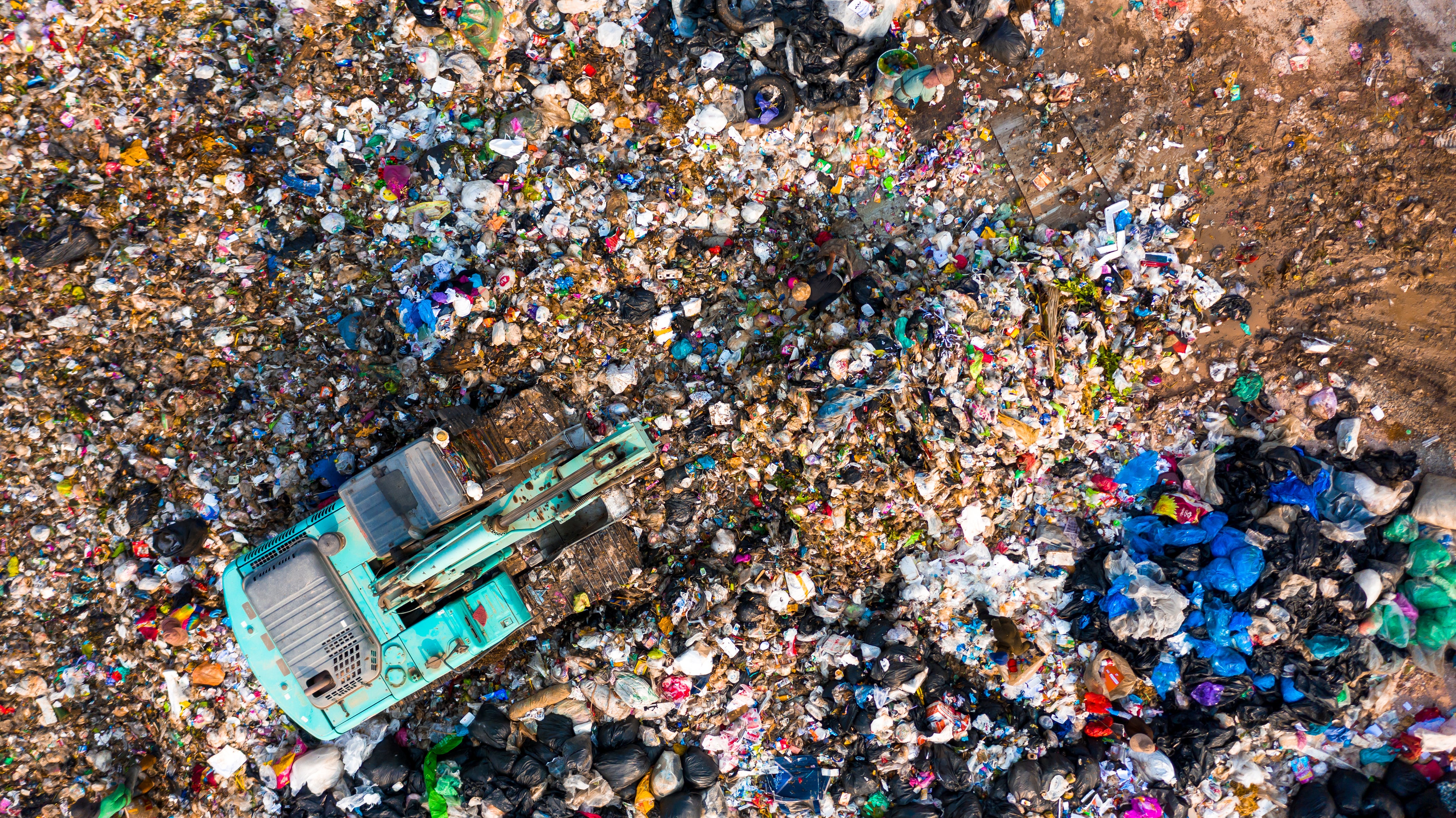The story of one ordinary family doing its bit to save the world
Four years ago, we changed our lives to be as sustainable as we could in everything we did. Now comes the hard part. Kate Hughes begins her fortnightly column


We need to talk about gravel. Not melting icebergs or no-fly pledges – at least not yet. Gravel. Because under the narrow strip of the stuff that runs between us and next door is a dirty little secret that is not going away any time soon.
Four years ago, in what was not my most elegant moment, I put my foot through our outdoor beanbag. In seconds, despite our best efforts to contain them all, our small back garden was smothered by a polystyrene ball blizzard.
It’s not something you’d immediately think of as a life-changing event, I grant you. Insanely irritating, sure, but hardly a lightbulb moment.
It takes a long time to clear up something like that though, and the six hours I spent hoovering the garden gave me the chance to think about the bloody mess I’d made – a mess that will outlive not just me, but my children, theirs and several generations after them.
In a thousand years, the research seems to suggest, those little white balls will probably still be there.
It’s a pretty poor legacy to leave just because I’d once decided to brighten up a barren patio with something cheap and cheerful on a whim. I’d caused lasting damage to my surroundings for no other reason than a total lack of thought. Painfully slowly, it dawned on me that I could say that about pretty much everything.
The six hours I spent hoovering the garden gave me the chance to think about the mess I’d made – a mess that will outlive not just me, but my children, theirs and several generations after them
So we made a very hasty and, it turns out, ridiculously naive decision to change the way we consumed on the spot. No new plastic, in any form, for us anymore thank you very much.
“Woefully unprepared” doesn’t even start to cover it. We figured we could just switch to loose vegetables, glass jars and bamboo toothbrushes, then carry on as before with a big eco tick next to our names.
All we had actually done was open the tiniest corner of an almighty can of worms. That day among the polystyrene started a cascade effect that has pushed us from one deep dive into the impact of our everyday existence to the next, from food and diet to travel, banking, and how and where we work, learn and live. Even our politics, our aspirations and how we measure personal success have changed.
If you had told me then that the mundane events of that afternoon would lead to a fundamental shift in everything we did every day, I would have run a mile. Maybe a couple, if it was mostly downhill.
It’s tempting to lay the full list of what we’ve altered before you like a smug eight-year-old reading out “what I did this summer” to the assembled class. You’ll be relieved to hear I’m going to stick with a top-line example or two until we get to know each other a bit better, like the fact that there isn’t a bin anywhere in our house. Not a flippy-lid stainless steel number in the kitchen nor a discreet item to dispose of the unmentionables in the bathroom.
It’s not that we’re prime candidates for one of those unsettling hoarding “documentaries” complete with gratuitous images of black mould and cat faeces, you understand.
We’re a zero-waste household, so there isn’t anything to chuck out to start with. None of our food comes in plastic packaging anymore. Nor do any of our toiletries or cleaning products, or other household items.
It means everything comes through the door loose or in containers we’ve refilled. And everything is made from scratch, from tonight’s tea to floor cleaner. I won’t lie, it took a while to get our heads around it – effectively relearning what we’d absorbed as standard adulting thanks largely to the great supermarket shop and the artless TV ad break.
Then there’s the less obvious consumption. For example, if we can’t make do, repurpose, borrow or rent what we need, we only buy it second hand. If you ever needed a bit of delayed gratification to curb the spending, it’s a cracking strategy.
The search for a pair of jeans during lockdown one, overlaid with the determination to avoid one of those plastic parcel bags, was like nothing else. Thank god we couldn’t leave home, that’s all I’m saying.
As for the details, and the rest – the big stuff – it’s probably best left for another time. I can’t lie, it might involve bamboo. But only very briefly and in small quantities.
We’re not really eco-warriors. I can see the appeal on a sunny day, but deep down we don’t want to pack it all in to move to a yurt. I quite like our ordinary life
There’s a slight problem, though. We’re not really eco-warriors. I can see the appeal on a sunny day, but deep down, we don’t want to pack it all in to move to a yurt. Not for much more than a long weekend at any rate. I quite like our ordinary life.
So the challenge now isn’t finding the headspace to go through everything we do, shake it a bit and try to put it back down in a more sustainable way – at least not as much as it was in the first few years with a toddler and a newborn along for the ride.
It’s about moving forward as far and comprehensively as possible without losing the will to live or dropping out of modern society entirely, whichever comes first.
How do we keep driving this thing on while reviewing what we’ve already changed as new research and developments come to light? How do we fight our way through the growing piles of greenwash? How do we pursue the lightest environmental footprint we possibly can within the constraints of real life?
Because if the first four years have taught us anything, it’s not really that we’ve run out of time to do anything else, it’s that nobody else is going to do it for us.
Above all, how do we do this for the rest of our lives without becoming the most painful family known to man?
It’s probably time to find out.
Next time… the blades are out in the lawn wars
Join our commenting forum
Join thought-provoking conversations, follow other Independent readers and see their replies
Comments